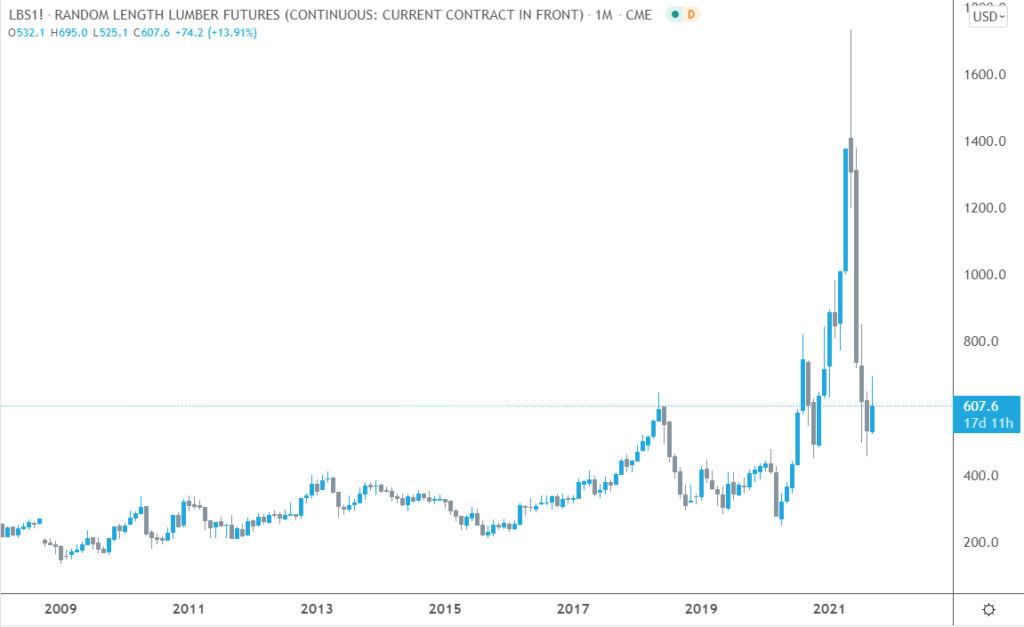Does monetary policy impact commodity prices?
George Kessarios
Chief Economist & Fund Manager
The chart below depicts the price of sugar. As you can see, prices today are lower than what they have been in many instances from 1970. And why are sugar prices so low? Because the people who produce sugar have become more productive at it, thus the unit cost of production has fallen, and producers can still make money.

So why has all the monetary stimulus not pushed up the price of sugar much higher, as is conventional thinking? The answer is because commodity prices are supply and demand driven.
When we look at gold, which is supposed to be a hedge against inflation and monetary expansion, it is where it was about 10 years ago. And if we look at platinum, it is less than half of where it was a little over a decade ago.
In fact, monetary expansion has been going on for many years now, and it has not affected inflation by much. In Japan where QE and other central banking tricks were invented, the problem has almost always been deflation, not inflation.
What all this means is yes, we might get persistent inflation, and many inflation components might not be transitory (wadges for example), but at the end of the day prices for commodities are supply side driven and not driven by monetary policy.
So, if one wants to play in the commodity space, analyzing supply and demand metrics for each commodity separately is warranted. Speculation also plays a role, but speculation almost always drives prices short term and not long term. Lumber is a recent example.
The bottom line is that commodities are affected very little, if at all, from central bank policies. At the end of the day, it is supply and demand metrics that shape pricing.
Insofar as financial assets, yes, they are affected by monetary policy. However please note that in this case it is the intent of central bank to try to affect financial assets. This because this category of assets has a direct impact on financial conditions and the economy.
Important Information: This communication is marketing material. The views and opinions contained herein are those of the author(s) on this page, and may not necessarily represent views expressed or reflected in other Exclusive Capital communications, strategies or funds. This material is intended to be for information purposes only and is not intended as promotional material in any respect. The material is not intended as an offer or solicitation for the purchase or sale of any financial instrument.

